Iranian, Russian, Azerbaijani officials inaugurate Rasht-Caspian railway
Iran, Russia and Azerbaijan have inaugurated a major railroad project in the northern Iranian province of Gilan, which is part of the International North-South Transport Corridor (INSTC) and reportedly connects the Persian Gulf to the Caspian Sea via rail.
The Rasht-Caspian Railway Project was launched on Thursday during a ceremony attended by Iran's acting President Mohammad Mokhber, Minister of Transport and Urban Development Mehrdad Bazrpash, aide to the president of the Russian Federation Igor Levitin, Deputy Prime Minister of Azerbaijan Shahin Mustafayev, Governor of Astrakhan Oblast Igor Babushkin and the ambassadors of the neighboring countries.
The 37-kilometer railway completes the Qazvin-Rasht rail route, and connects the city of Rasht to the Caspian Sea. It is believed to bring considerable benefits to Iran and regional transport networks.
The primary purpose of the Rasht-Caspian Railway is reportedly to enhance connectivity, and facilitate transportation and trade links among Iran, the Caspian Sea littoral states as well as the railway network southward.
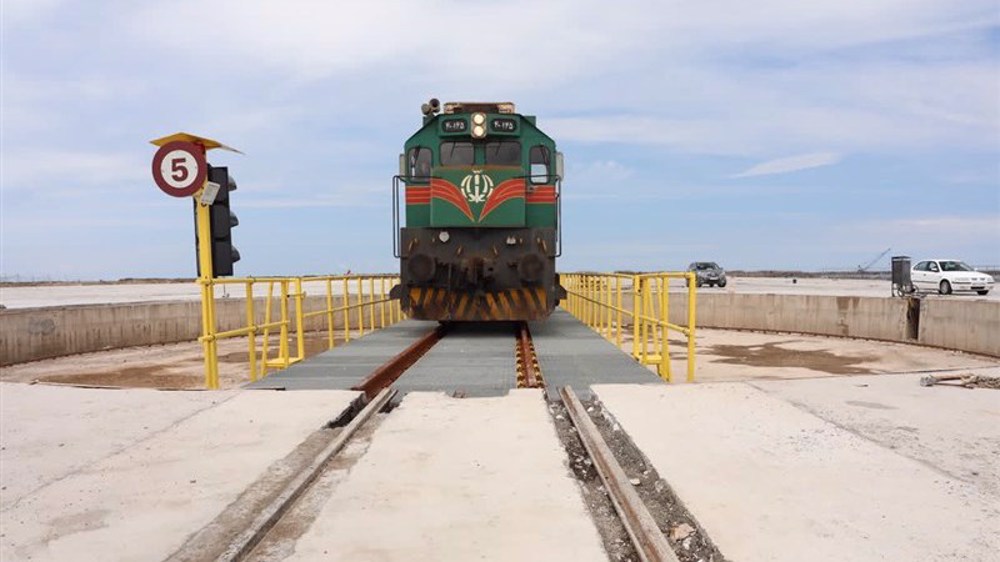
It will provide a more efficient and cost-effective mode of transportation for freight and passengers.
Mokhber: No country can ignore Iran's positions in region
Speaking at the inauguration ceremony of the Rasht-Caspian Railway project, the acting Iranian president pointed to the Islamic Republic’s high status in the West Asia region, emphasizing that no regional country can overlook the positions and stances of Iran while taking fateful decisions.
Mokhber also paid homage to late Iranian President Ebrahim Raeisi, who lost his life in a helicopter crash along with Iranian Foreign Minister Hossein Amir-Abdollahian and their companions on May 19, stating that the late president managed to forge close relations with neighboring states and resolve issues with regional countries through a developmental and erudite approach.
Mokhber also praised Iran's membership in the Shanghai Cooperation Organization (SCO) as well as the BRICS group of emerging economies, and its cooperation with the Eurasian Economic Union.
“In today’s world, the Islamic Republic of Iran has established a dominant position and dramatically altered international equations. Under international classifications, the equations have changed in such a way that unilateralism, where one party could determine the fate of other world countries, no longer exists,” the acting Iranian president pointed out.
World has ‘embarrassingly failed to stop Israel amid incessant US support’: FM
Iran-Egypt ties poised for revival as first Iranian president visits Cairo in 11 years
Iran’s cenbank says inflation down to lowest in 4 years
Iran rejects Canada-sponsored UNGA resolution as baseless, political
US disregards Spain’s arms embargo on shipments destined for Israel
Palestinian detainees on hunger strike to protest Israeli repression
US sanctions 3 individuals, 4 entities over links to Iranian military
VIDEO | Press TV's news headlines


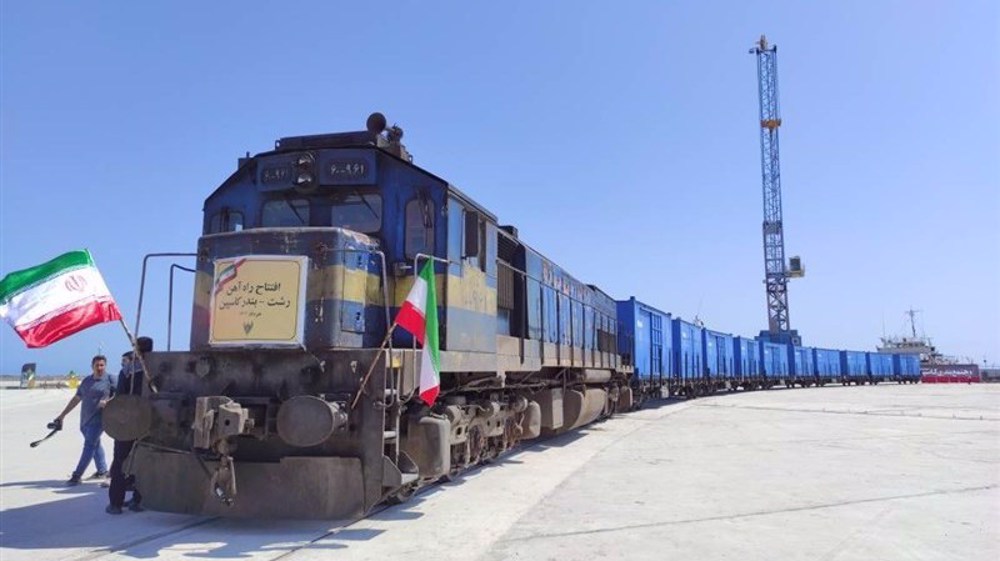
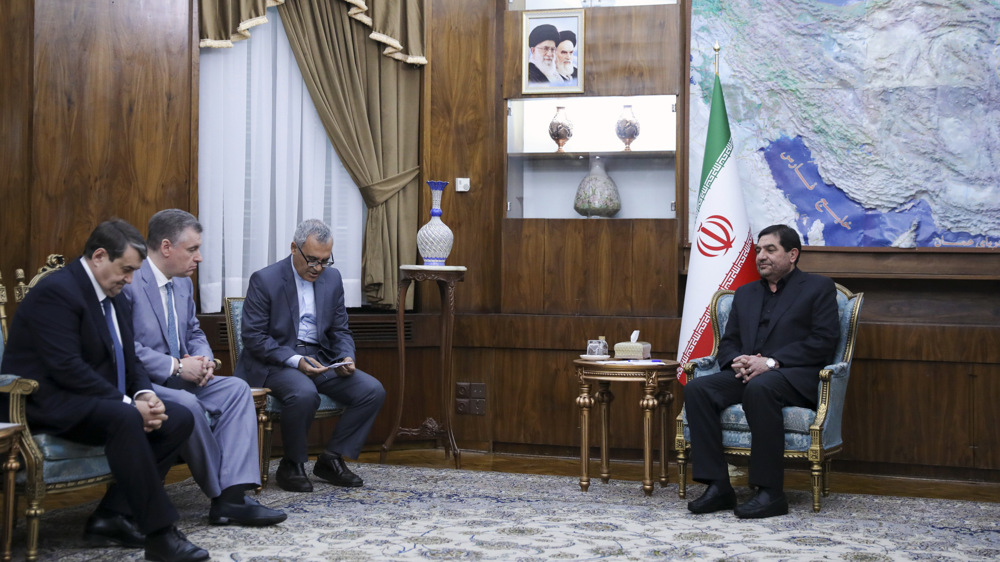
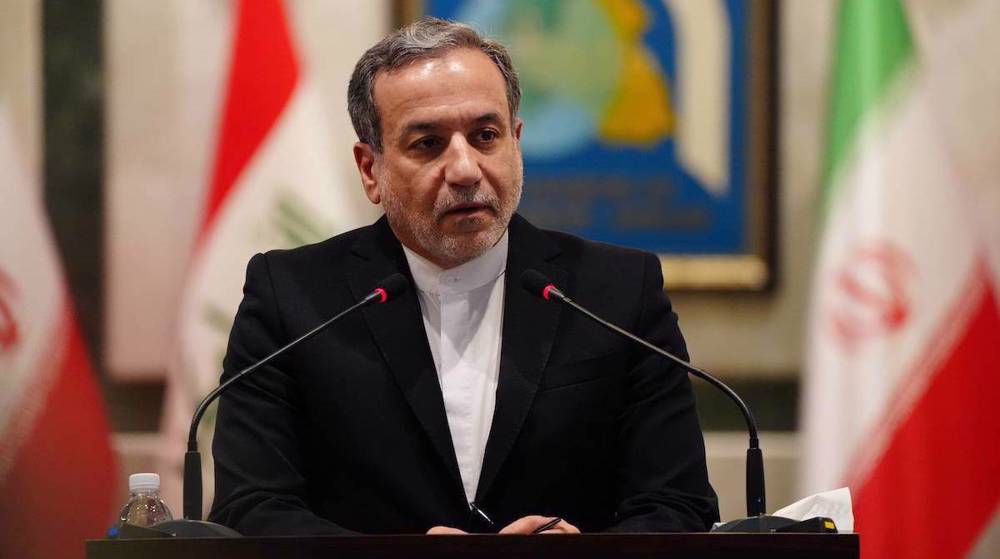
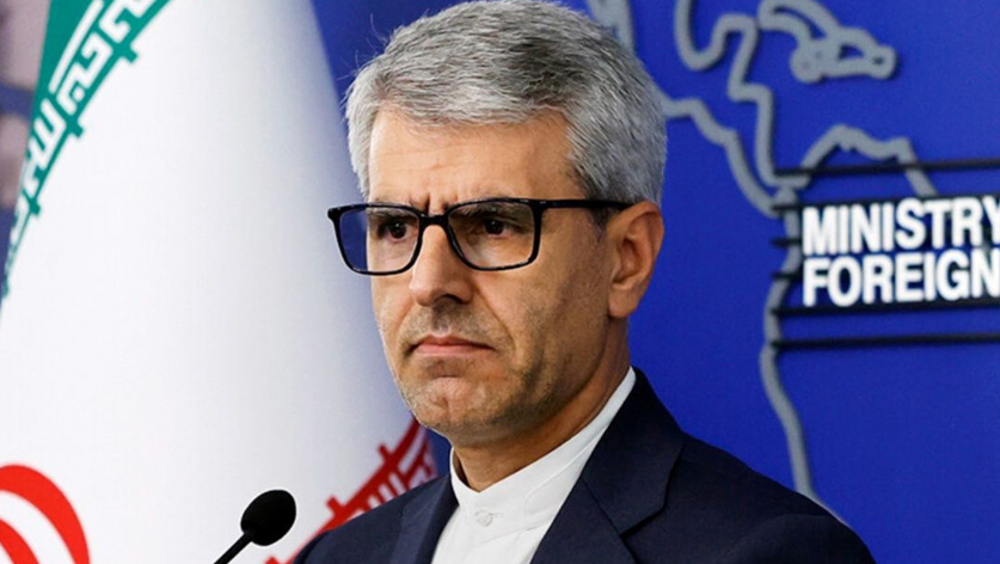
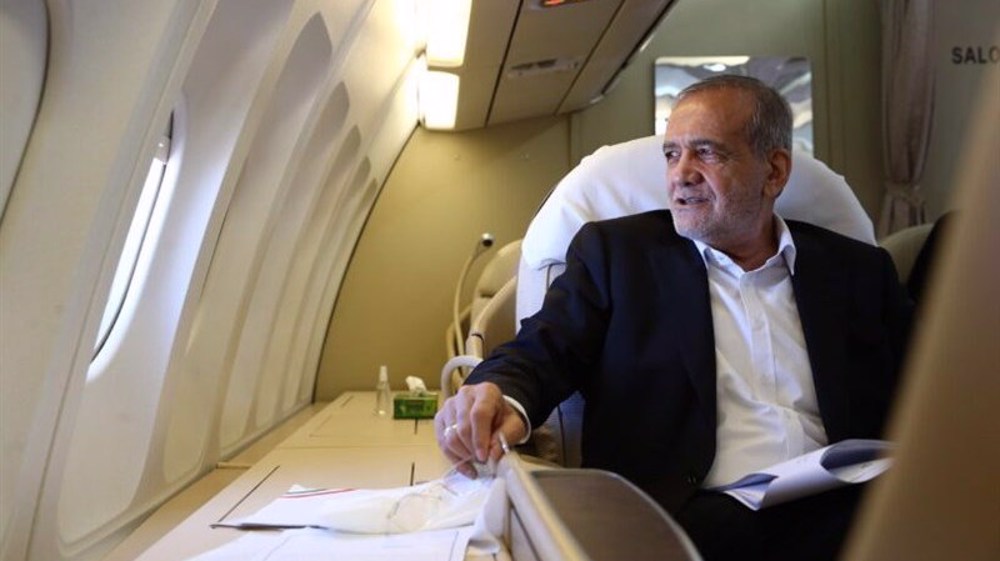




 This makes it easy to access the Press TV website
This makes it easy to access the Press TV website